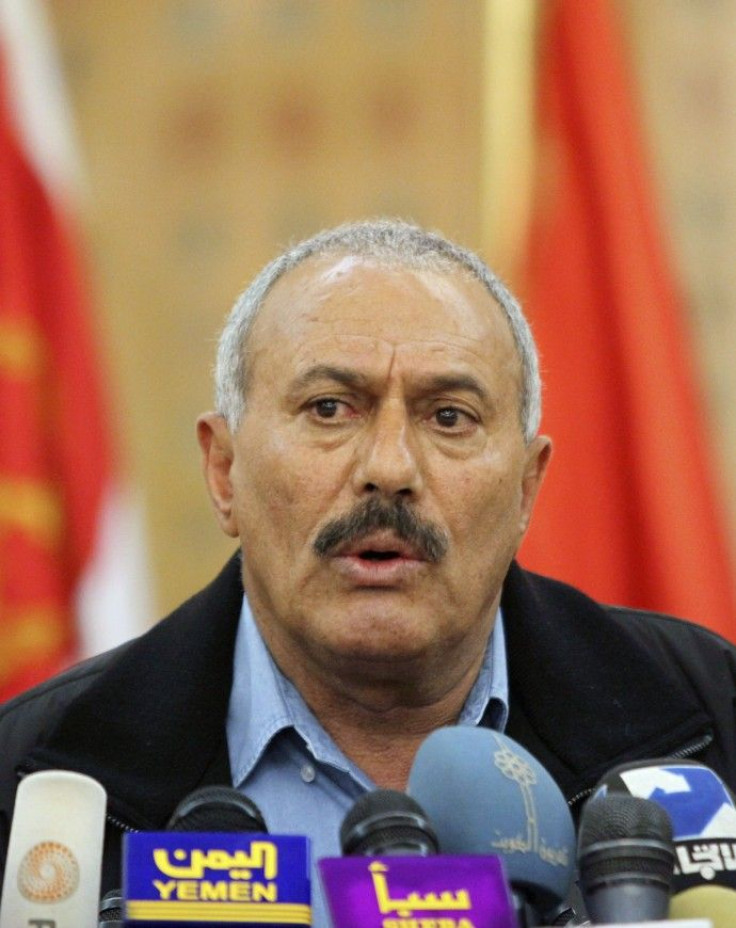Yemeni president won’t seek re-election when term expires

The president of Yemen, Ali Abdullah Saleh, said he will not seek to extend his term as ruler of this poverty-stricken country beyond 2013, according to media reports, as another domino falls in the wake of political upheavals in the Middle East.
Saleh, who has been in power since 1978, also promised he will not hand over his presidency to his son, Ahmed, who heads the elite Republican Guard.
In recent days, Saleh, an ally of the U.S., has been the focus of street demonstrations, similar to the unrest already witnessed in Tunisia and Egypt.
In fact, in the wake of the turmoil in Tunisia, Saleh recently took some steps to respond to the Yemeni public’s discontent: he cut income tax by half, ordered the government to seek to control prices, and promised to increase the salaries of military personnel and other state workers.
No extension, no inheritance, no resetting the clock, Saleh told parliament during an emergency session. I present these concessions in the interests of the country. The interests of the country come before our personal interests, he said.
Saleh also urged his opponents to freeze all planned protests, rallies and sit-ins.
The main opposition group welcomed Saleh’s decision, but warned it will continue to demonstrate against his regime.
We consider this initiative positive and we await the next concrete steps. As for our plan for a rally tomorrow, the plan stands and it will be organized and orderly, Mohammed al-Saadi, under-secretary of the Islamist Islah party stated, as quoted by Reuters. This is a peaceful struggle through which the people can make their voices heard and express their aspirations, he added.
Saleh initially took control of North Yemen (also called The Yemen Arab Republic) in 1978, following the assassination of president Ibrahim al-Hamdi. After North Yemen united with South Yemen (aka People's Democratic Republic of Yemen), Saleh became ruler of the entire Yemeni nation.
Yemen is the poorest nation in the Arab world, with 35 to 40 percent unemployment, high rates of poverty, high illiteracy (50 percent); soaring food prices and rapid population growth. Parts of the country have also become a refuge for al-Qaeda terrorists.
The country is also suffering from a steep decline in its oil resources, which has typically accounted for about one-fourth of GDP, as well decreased water resources.
© Copyright IBTimes 2024. All rights reserved.











